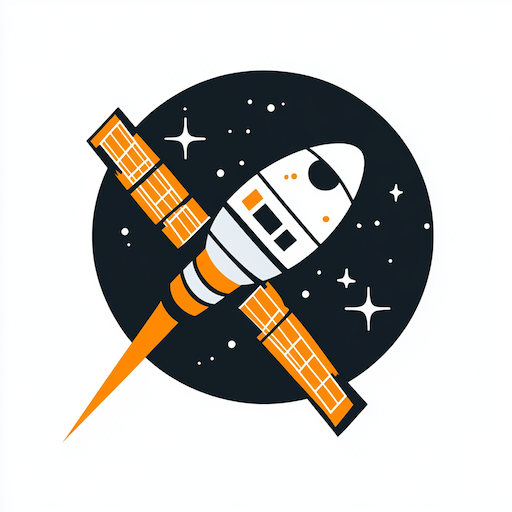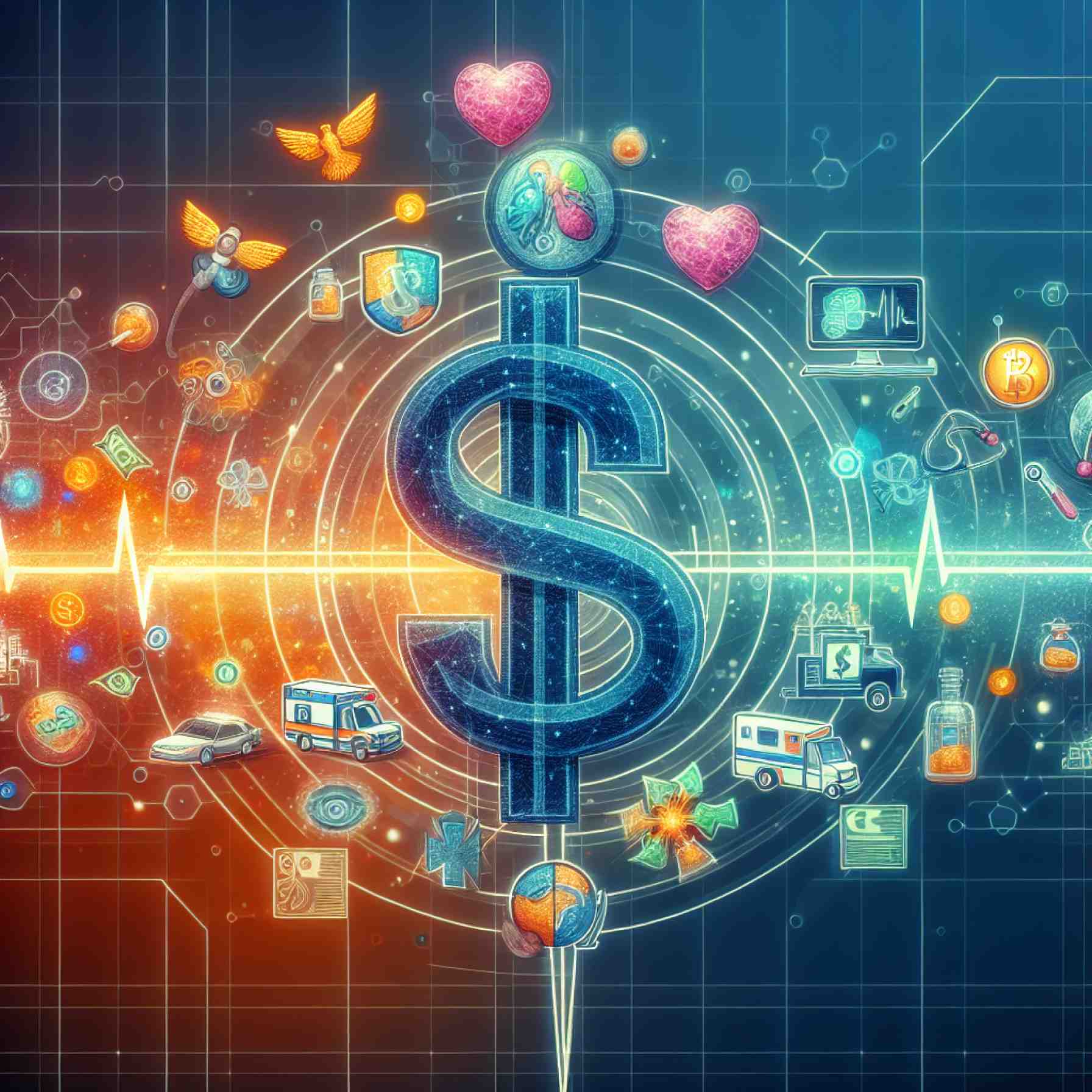- Blockchain is revolutionizing healthcare by enhancing data integrity, security, and interoperability.
- The blockchain healthcare market is projected to grow significantly, from USD 4.57 billion to USD 34.7 billion by 2033, expanding at a 22.9% annual growth rate.
- Blockchain ensures patient data is protected and compliant with standards like HIPAA and GDPR, boosting trust and security.
- It provides a unified platform for interoperable Electronic Health Records (EHR), improving data access and collaboration among stakeholders.
- In pharmaceuticals, blockchain enhances supply chain transparency, combats counterfeiting, and aids in efficient product recalls.
- Blockchain facilitates more collaborative and efficient clinical trials, increasing transparency and data sharing for research advancements.
- Successful implementations, such as Estonia’s EHR system and the Merck-Chronicled partnership, highlight blockchain’s practical benefits.
- Despite challenges, integrating blockchain with technologies like AI presents new opportunities for healthcare improvements globally.
Picture a world where healthcare is not just a service, but an intricately synchronized network. Here, medical errors vanish into history, patient privacy becomes inviolable, and pharmaceutical supply chains operate with clockwork precision. This isn’t a distant utopia; it’s the promise blockchain technology is delivering at breakneck speed.
Blockchain’s Revolutionary Path
In a digital era where data is both currency and king, blockchain’s role as an immutable, decentralized ledger is proving transformative. By 2033, the blockchain healthcare market is projected to skyrocket from USD 4.57 billion to a staggering USD 34.7 billion, expanding at an annual growth rate of 22.9%. The stakes are high, and the players numerous, as industries and nations race to harness this potential.
Integrity and Security Redefined
At the forefront is blockchain’s unparalleled capacity for data integrity. Imagine health records as unalterable blocks in a chain, each encrypted and securely linked to its predecessor. This technology promises an era where patient information, once vulnerable to breaches, is now safeguarded with fortitude. With compliance-friendly solutions, such as those aligning with stringent U.S. HIPAA and European GDPR, patient trust isn’t just restored; it’s revolutionized.
Bridging Gaps with Interoperability
Hospital systems have long struggled with fragmented Electronic Health Record (EHR) interfaces, hindering seamless data interchange. Blockchain offers a solution—a singular, permission-based platform managed by smart contracts. Here, stakeholders only access what’s essential, revolutionizing patient data sharing and fostering collaboration.
From Farm to Pharmacy: Supply Chain Transparency
Counterfeit pharmaceuticals represent a looming threat. Blockchain tackles this by tracking medicines’ provenance through every phase of production and distribution. The result? Improved authenticity of drugs, reduced risk of spoilage during transport, and rapid response capabilities in case of product recalls.
Clinical Trials: A New Era of Research Collaboration
Within the pharmaceutical R&D arena, data siloing and cumbersome manual processes slow progress. Blockchain steps in with transparent, collaborative networks that not only timestamp trial processes but also facilitate seamless data sharing among researchers and regulatory bodies.
Real-World Testbeds
The world can already observe tangible successes. Estonia’s trailblazing national EHR system harnesses blockchain to secure its citizens’ health data with unmatched reliability. Meanwhile, partnerships like those between Merck and Chronicled have optimized vaccine efficacy through precise supply chain monitoring. Such initiatives exemplify blockchain’s practical benefits and potential global impact.
The Road Ahead: Exciting Possibilities
As challenges such as regulatory uncertainty and integration with legacy systems arise, so do opportunities. There lies potential in merging blockchain with artificial intelligence and edge computing, setting the stage for unprecedented insights into health trends and treatment efficacy. National initiatives, inspired by Estonia’s pioneering efforts, may soon proliferate, creating interconnected healthcare networks for a healthier world.
Blockchain’s ascent in healthcare isn’t mere hype; it stands as a harbinger of the industry’s digital transformation. By embracing blockchain’s robust capabilities now, healthcare stakeholders can navigate a rapidly evolving landscape towards a future where technology and care converge for better patient outcomes across the globe.
Blockchain in Healthcare: Unveiling a Digital Future with Real-World Impact
How Blockchain is Disrupting Healthcare for the Better
In a rapidly evolving digital landscape, blockchain technology is poised to revolutionize the healthcare sector. This transformation promises to address chronic issues such as data security, interoperability, and transparency, offering a glimpse into a future where healthcare is not just a service but a seamlessly functioning ecosystem.
Understanding Blockchain’s Role in Healthcare
1. Enhanced Data Security and Privacy:
Blockchain provides an immutable, decentralized digital ledger that offers unprecedented data security. By encrypting and securely linking health records, blockchain ensures they remain unalterable. This infrastructure is crucial for maintaining the privacy of patient information, as it complies with stringent regulations like HIPAA in the U.S. and GDPR in Europe. This compliance is vital in restoring and revolutionizing patient trust.
2. Improving Interoperability:
Fragmentation of Electronic Health Records (EHRs) has long plagued the healthcare industry. Blockchain’s ability to create a singular, permission-based platform allows for seamless data exchange. This interoperability means stakeholders can access necessary data efficiently, enhancing collaborative care and streamlining healthcare processes.
3. Supply Chain Resilience and Transparency:
The pharmaceutical supply chain can be fraught with inefficiencies and potential fake drugs. Blockchain’s capability to trace the origin and journey of pharmaceuticals through every production and distribution stage alleviates these issues by ensuring authenticity and reducing risks like spoilage or incorrect distribution.
4. Revolutionizing Clinical Trials:
The research and development sector in pharmaceuticals often deals with data silos and slow processes. Blockchain enables more transparent networks that time-stamp trial data and improve data sharing among researchers and regulatory authorities. It promises a new era of collaborative and efficient clinical trials.
Exploring New Horizons with Blockchain
Market Forecast and Industry Trends:
The blockchain healthcare market is predicted to surge from USD 4.57 billion in 2023 to a whopping USD 34.7 billion by 2033, with a robust growth rate of 22.9%. This breathtaking growth trajectory highlights the urgency for industries and countries to adopt this game-changing technology.
Real-World Use Cases:
Countries like Estonia have already implemented blockchain on a national level within their EHR systems, setting an example for data security and integrity. Initiatives from companies like Merck and Chronicled demonstrate tangible improvements in vaccine supply chain efficiency — a testament to blockchain’s practical benefits.
Potential Challenges and Opportunities:
Despite its promise, blockchain in healthcare faces hurdles like regulatory ambiguities and integration issues with current systems. However, these challenges pave the way for innovation, such as combining blockchain with artificial intelligence and edge computing to extract deep insights into public health trends and improve treatment effectiveness.
Considerations Before Implementation
Pros:
– Improved data security and patient trust.
– Enhanced efficiency and transparency in supply chains.
– Streamlined data sharing and collaboration.
– Accelerated and collaborative research environments.
Cons:
– Regulatory and compliance challenges.
– Integration with existing, often outdated, healthcare systems.
– Initial costs of implementing blockchain solutions.
Actionable Tips for Embracing Blockchain in Healthcare
– Prioritize Education and Training: For an effective transition, stakeholders should invest in understanding blockchain technology.
– Collaborate Across Sectors: Forge partnerships between IT professionals, healthcare providers, and regulatory bodies for smoother implementation.
– Emphasize Regulatory Compliance: Work closely with legal and regulatory experts to ensure all blockchain applications meet industry standards.
– Leverage Pilot Programs: Implement small-scale trials to assess efficacy and make necessary adjustments before broader rollout.
As blockchain continues to demonstrate its vast potential, embracing these steps will help healthcare stakeholders journey towards an interconnected, efficient, and secure healthcare landscape.
For more insights into cutting-edge technology developments, visit McKinsey.









